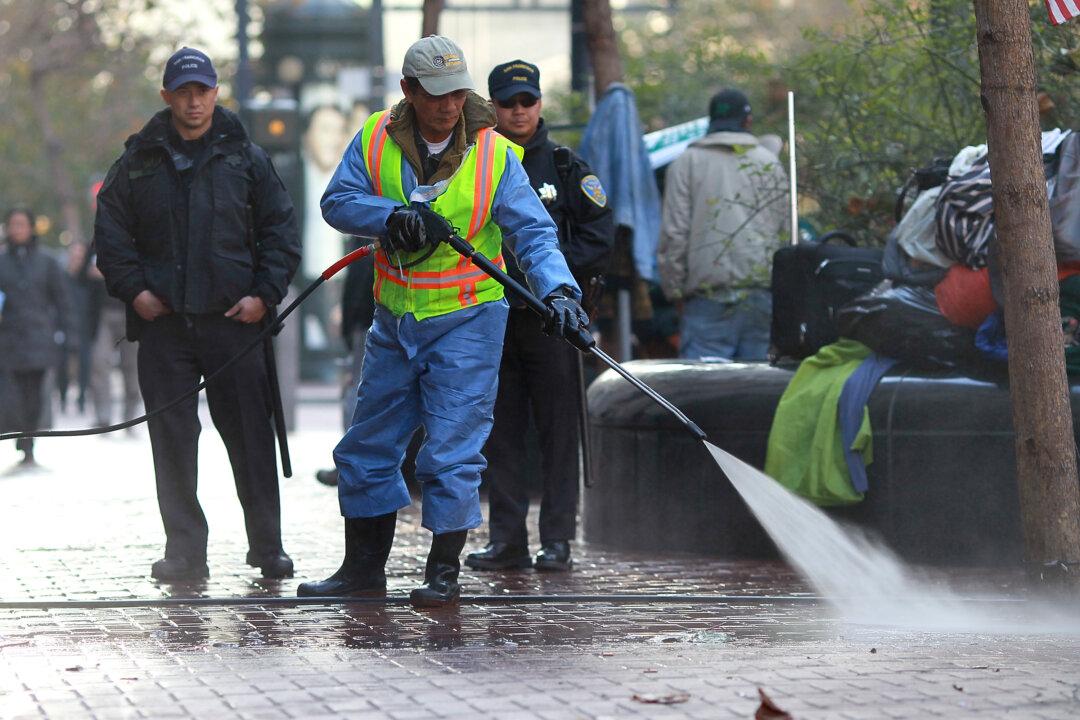Anita Chen, who is running for House Representative of California’s 17th Congressional District as a Republican, is passionate about combating human trafficking.
“It’s far more prevalent than most of us imagine. When we think of child sex trafficking, most of us picture a poor Guatemalan girl sold by her family to a brothel,” she said. “But the reality is that the vast majority of child sex trafficking cases in the United States are of American youth.”





